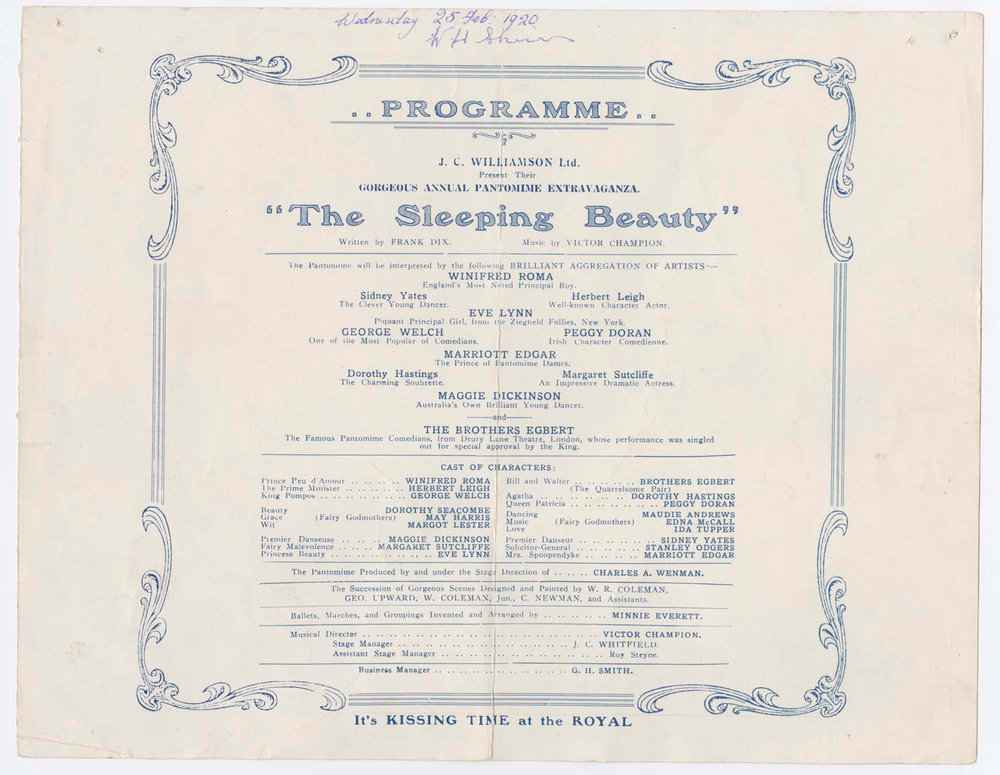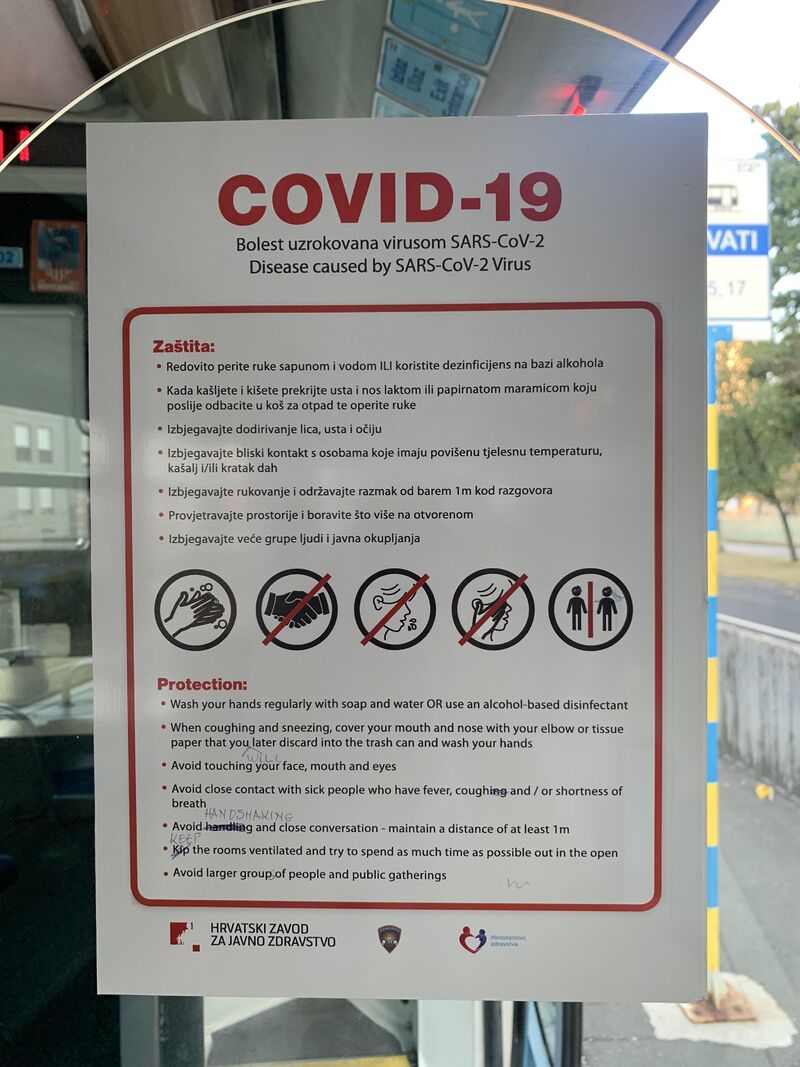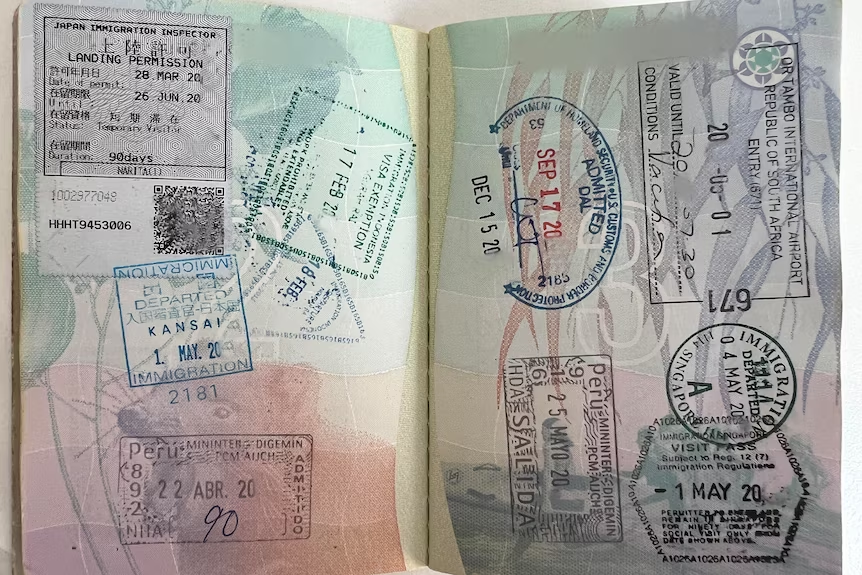Feta, prosecco, parmesan, champagne...
Would you believe that the names of all these famous products was the one of the main causes for Australia walking away from free-trade agreement negotiations with the EU in 2023!
How come?
All these product names (and more) are protected designation of origin (PDO) terms in the European Union. That means goods from the region that these and many other products originate from are the only ones allowed to carry such names. For instance, only champagne from the Champagne region in France can be labelled as such.
All goods identical or similar to PDO products and not from the PDO-specified geographic region cannot be called by the PDO term in the EU and (recently due to free-trade deals signed with the EU) New Zealand and, to a degree, Canada. Alternative generic names such as 'white cheese' or 'sparkling wine' must then be used.
So how about Australia?
All the above names are deemed generic or common names. You can then find products such as Australian feta, Australian prosecco, Australian parmesan, etc. The EU (Italy, in particular) insists that Australia must respect EU geographic indications but Australia has steadfastly refused, and there has been no sign so far of this changing.
So if you wish to market a product that the EU otherwise requires an alternative generic name due to PDO, for greater product awareness you're best not to use that alternative in Australia... for now.
A classic example is the product known as Danish White cheese in the EU. Prior to 2002, this was marketed worldwide as 'Danish Feta', much to the ire of the Greeks, who then successfully campaigned (and upheld later appeals) to have 'feta' designated as a PDO term specific to regions of Greece. However, in Australia the product is still referred to and marketed as 'Danish Feta'. Mention 'Danish White' and most Australians will have no idea what you're talking about. Note also that both 'feta' and 'fetta' are accepted spellings in Australia.

Now in 2025, Australian Trade Minister Don Farrell has confirmed Australia and the European Union will restart negotiations for a free trade agreement immediately. With US President Donald Trump announcing unilateral tariff increases that have negatively affected food exports, the circumstances have much changed for both Australia and the EU. Unlike in 2023, the chances now for these negotiations to be successful seem much better. Still, a lot hedges on whether the EU will allow increased access for some Australian agricultural products and cutting red tape, and Australia would still need to do away with PDO terms for Australian products, with the EU having already earmarked 170 food names and 236 spirit names for Australian producers to change.
There could be solutions to some of these contentious issues though. The EU does recognise many food names as common names: gouda, brie, edam, and camembert cheese being examples; but feta, parmesan and prosecco would need to change, but Australia has some legal precedents on its side.
The EU argues that 'parmesan' is a translation of its geographical indication, Parmigiano Reggiano, in Italy. However, in 2024, the Singapore Court of Appeal ruled that 'parmesan' is not a translation of Parmigiano Reggiano in Singapore and is therefore 'parmesan' is available for use in Singapore as a common name. 'Parmesan' is also stated as a common name in the EU trade agreement with Korea.
In their trade agreements with the EU, Canada and Vietnam agreed for 'feta' to be classed as a PDO term, but they did reserve the right for all their existing producers to continue to produce and sell 'feta'. This is something that Australia could also ask for.
There was much heated debate the last time I wrote on social media about the use of these otherwise PDO food product names in Australia. Europeans and Australians were staunch in their strongly opposing opinions on the issue. Despite the passions on both sides, we're closer to a breakthrough with these negotiations than at any other time than before.
But until the deal with done and signed, and considering the Australian consumer product recognition, best use the 'common' and not PDO terms for your food or drink products on the Australian market.
To win the hearts of your Australian customers, you need to have the right text and copy for them in Australian English. To have your feta over your white, best talk to me. Drop me a line at info@nicknasev.com and let's get those Aussie sales up!


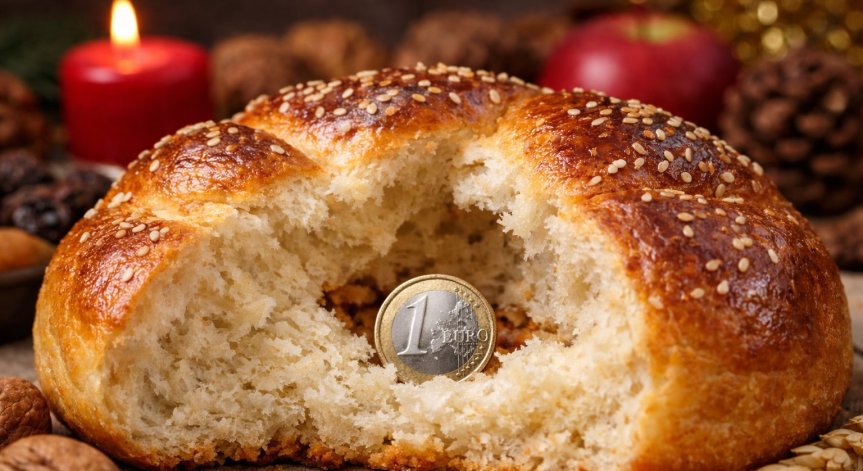









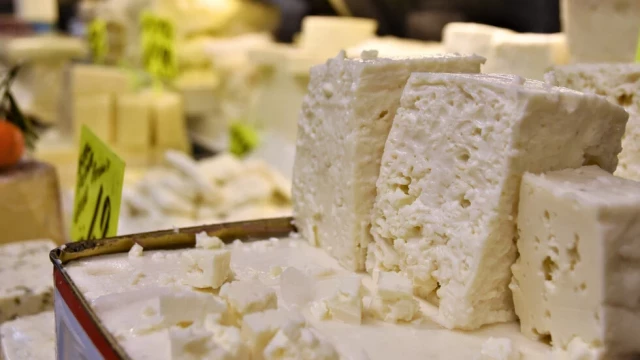























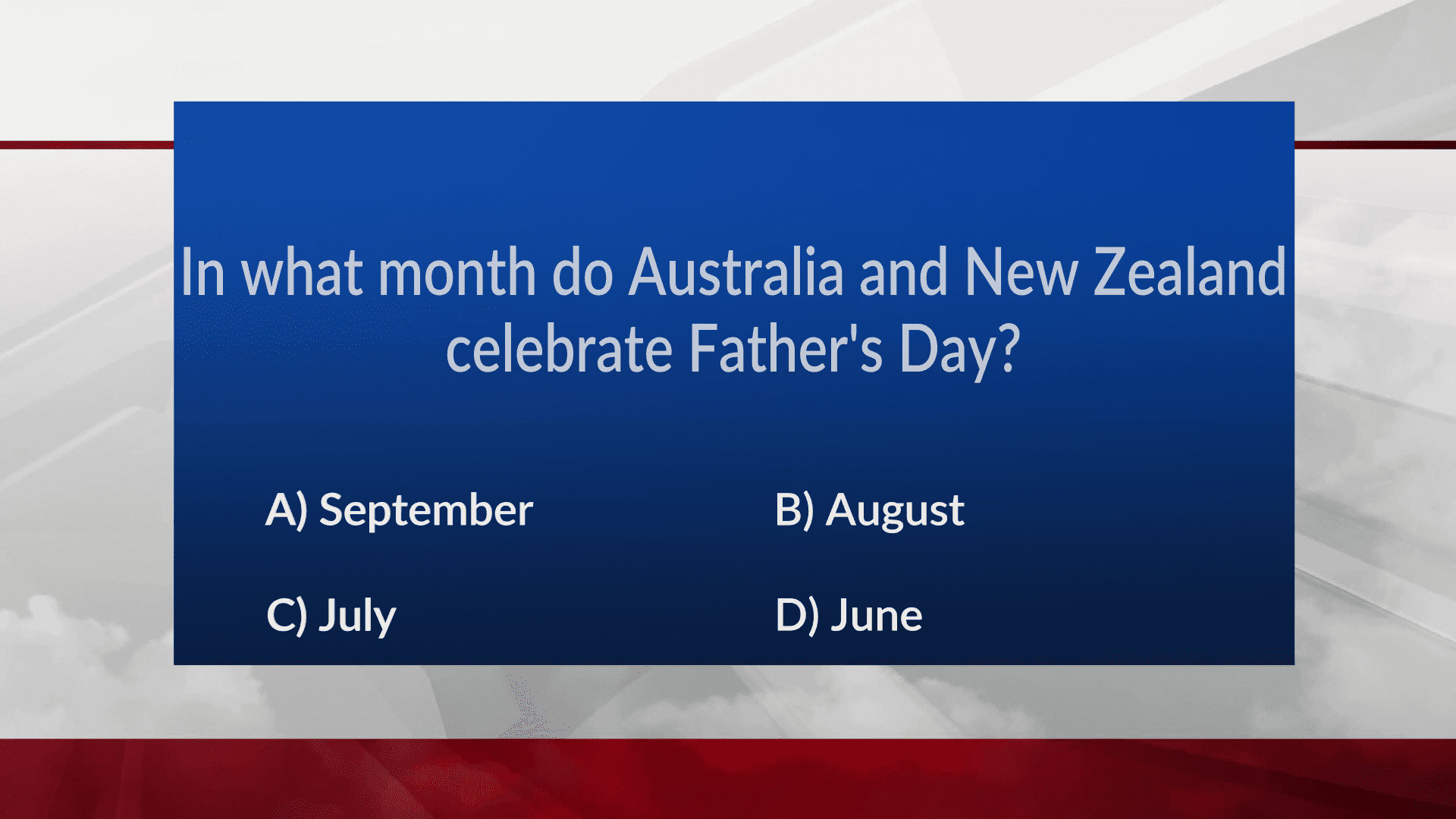




















































.%20A%20day%20of%20campaigning%20%E2%99%80%20%E2%80%A6%20or%20a%20day%20to%20buy%20flowers%20%F0%9F%92%90.jpg)



